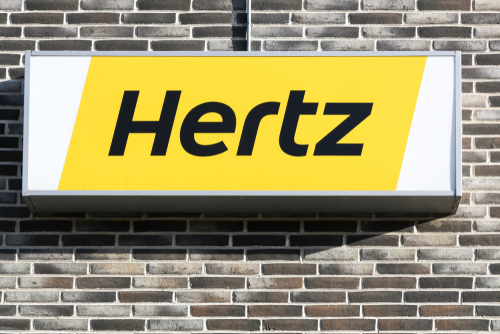Man convicted of murder sues Hertz for failing to produce receipt backing his alibi

Image from Shutterstock.com.
A Michigan man convicted of second-degree murder has sued car rental company Hertz for failing to produce a receipt that would have backed up his alibi.
The lawsuit, filed Tuesday in Ingham County, Michigan, seeks damages for Herbert Alford, 47, of Lansing, Michigan, who was convicted in December 2016 and sentenced to 32 to 62 years in prison.
The New York Times, the Washington Post, the Lansing State Journal and WINK News have coverage.
Alford sought the Hertz receipt for more than three years, but he didn’t get it until 2018, the suit says. It would have placed Alford at Lansing’s regional airport at 3 p.m. on Oct. 18, 2011. The slaying happened six minutes before at a location that typically takes about 20 minutes to reach in afternoon traffic.
The suit says Alford and his lawyer got no response when Hertz received the first subpoena in 2015. Defense lawyers sent another subpoena and filed show-cause motions, but the document was not produced, the suit alleges.
“We got crickets. Nothing,” Jamie White, Alford’s lawyer, told the Washington Post.
A Hertz legal assistant said in 2018 the receipt could not be found, and it had likely been deleted, according to the Washington Post’s account of the lawsuit allegations. Alford’s lawyer demanded that the assistant appear for a hearing on Alford’s request for a new trial. Hertz produced the document a few days later.
Alford spent about five years in prison before he was released on bond in February 2020. A judge had ordered a new trial in August 2018, and prosecutors dropped the charges in December 2020. Alford had been convicted partly based on testimony by an informant who later recanted his allegations.
Hertz released this statement to the publications covering the lawsuit: “We are deeply saddened to learn of Mr. Alford’s experience. While we were unable to find the historic rental record from 2011 when it was requested in 2015, we continued our good faith efforts to locate it. With advances in data search in the years following, we were able to locate the rental record in 2018 and promptly provided it.”



